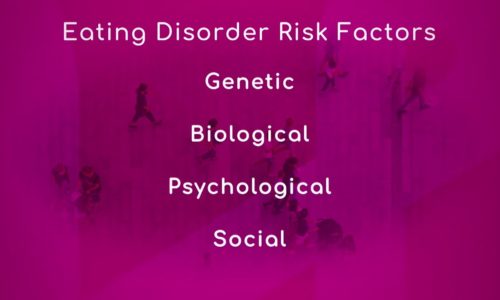USA: Sugar Consumption |
Dr. Deepa Sharma, Family Medicine Physician with Baptist Health Primary Care, says it is recommended that people have about six teaspoons of sugar a day, but studies are showing that the average Americans have 20 to 22 teaspoons of sugar per day.
Most of the sugar comes from soft drinks, baked goods, fruit drinks, tea, breakfast cereals, candy, and dairy desserts.
Transcript
Back in the day the average American consumed two pounds of sugar per year and now we consume over 150 pounds a year Wow now joining us to talk about this is dr. D / Sharma a family medicine physician at Baptist Health primary care thank you for joining us dr. Sharma thank you I’m glad to be back we need to talk about these numbers because in just 200 years we’ve dramatically increased our sugar consumption so can you put into perspective how much sugar that actually is it’s a lot of sugar and so a good a good way of putting into perspective is that it’s recommended that we have at the most about six teaspoons of sugar a day and the studies are showing that the average Americans have close to 20 to 22 teaspoons of sugar per day and so this is reflective directly of that increase in consumption that you’re talking about that has now historically become a problem and we have a graphic of where most of our sugar come from showing where most of our sugar comes from and looking at this why is it that we’re consuming so much sugar I mean if you look at this graphic soft drinks are taking up 33% and so certainly added sugars this is not any surprise we know this about soft drinks also the second the second piece of the pie that’s really big is the total table sugar you know in that let’s think about coffee and tea and adding sugars to our beverages you know then there’s tea breakfast cereals candy some dairy desserts fruit drinks and of course baked goods which are obvious sources of sweets and desserts you








